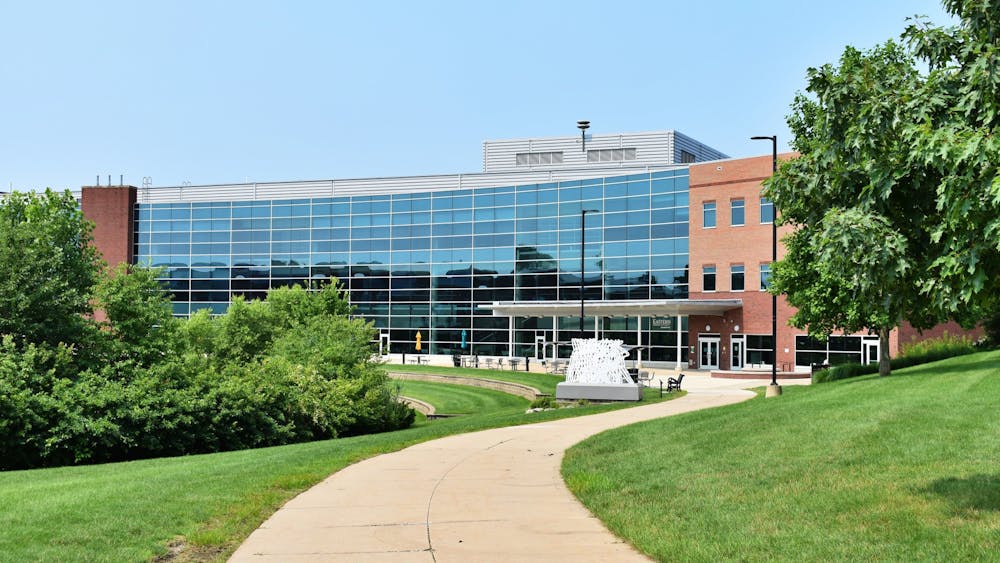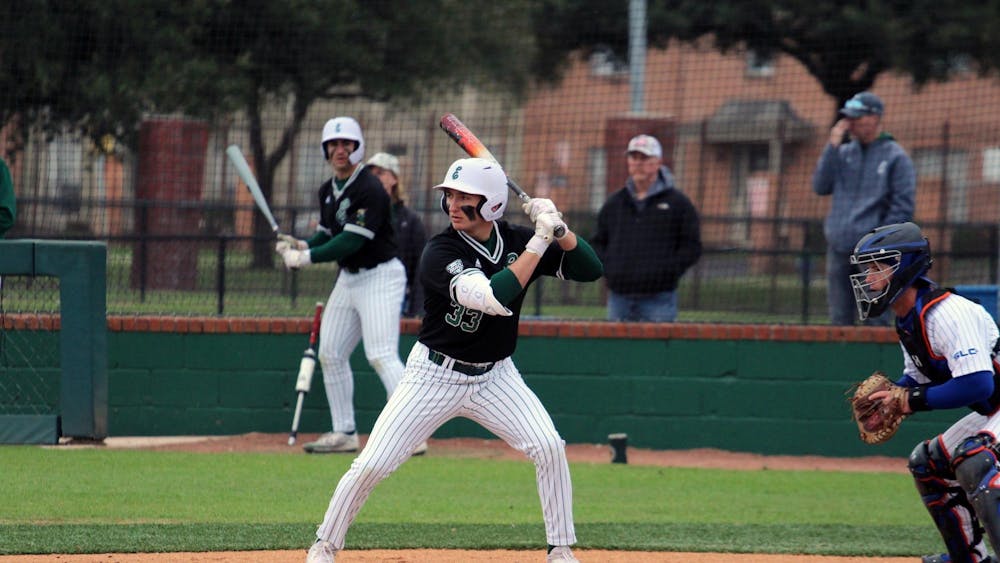Friendships are important human qualities. In our lives, we all share a connection with someone who we consider to be trustworthy and who we can count on through thick and thin. But not all friendships are straight-forward. They can become stressful, complicated and even destructive.
Brandi Morris, theater performance freshman, had a friend who thought popularity was more important than anything in the world.
“She told people that I was jealous of her relationship with my other friend, Star,” Morris said. “She didn’t come to me to talk about it. When I asked her about it she pretended she did not know. That’s when I cut all contact with her. If we sat down and talked about it, it would have been fixed and we would probably still be friends.”
Communication is key in any relationship. Connections could be lost if a mutual understanding is not met. Characteristics of a bad friend could produce consequences and negative emotions if you are not accepting of the others’ feelings.
This is what happened to Njeri Karanja. A senior majoring in social work, she explained her high school situation regarding a friendship that ended up affecting her well-being.
“In math class, my guy friends and I were typing words on the graphic calculator,” Karanja said. “We talked about sex in class, which ended up in a sexual rumor being spread by one of my guy friends about me. It was wrong and it ended in me being assaulted and feeling hurt. I was blamed for it all. The friend accepted a lie over truth. I ended the friendship with the guy that spread the rumor. It would have been fixed if he did not take my comments to heart.”
There’s a difference between who you could consider to be an acquaintance and who you could consider a true friend. Recognizing your actions toward others and the effects it could have on someone else is something to consider. Recognizing your actions could also help you in recognizing yourself.
Kim Robinson, an undeclared freshman, explained his experience with a friend he considered to have been his best.
“We worked together in writing stories but fought constantly,” Robinson said. “He succeeded in something I wanted to succeed in because he wrote at a much faster pace than me. Most of the fights were my fault. I was jealous and I would blame him.”
Personal emotions could contribute to the way you see things. Self-acceptance and working through a problem is how to fix the bond.
“If I accepted my weaknesses and insecurities and worked with them besides breaking the friendship it could have been fixed,” Robinson said.
In order to keep a healthy friendship from ending you must be considerate of your actions, communicate and accept yourself. Any problem could be solved with understanding and having awareness of your life and how it contributes to the ones around you.









